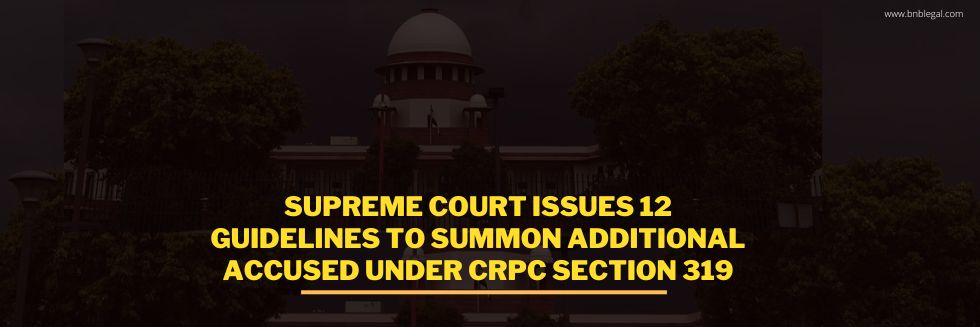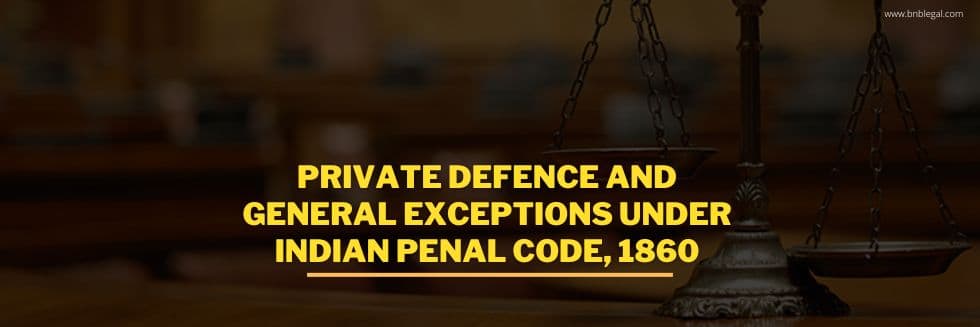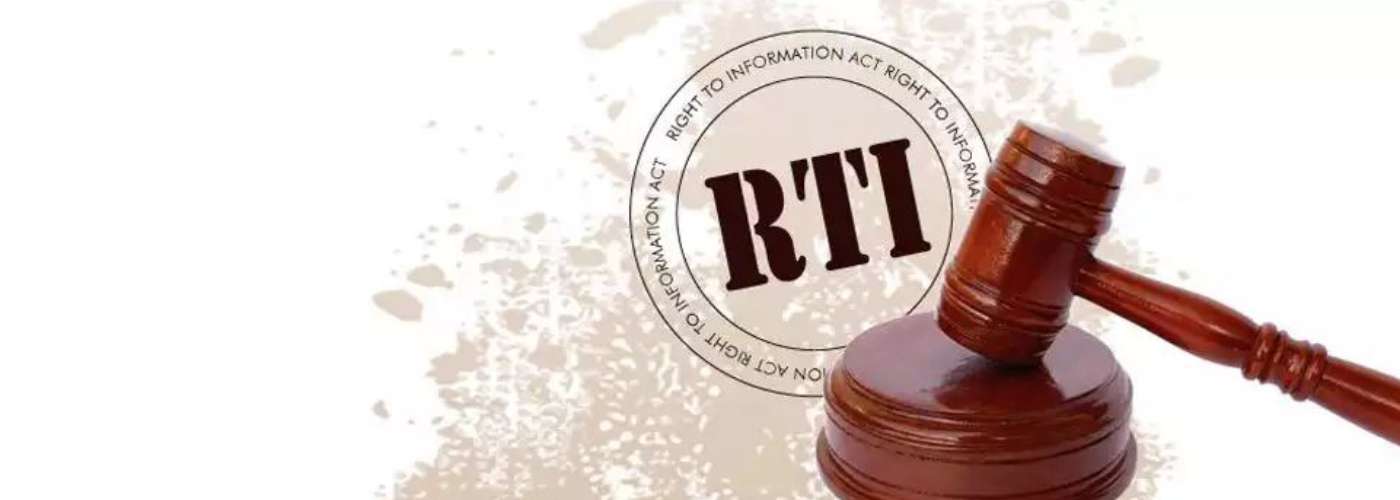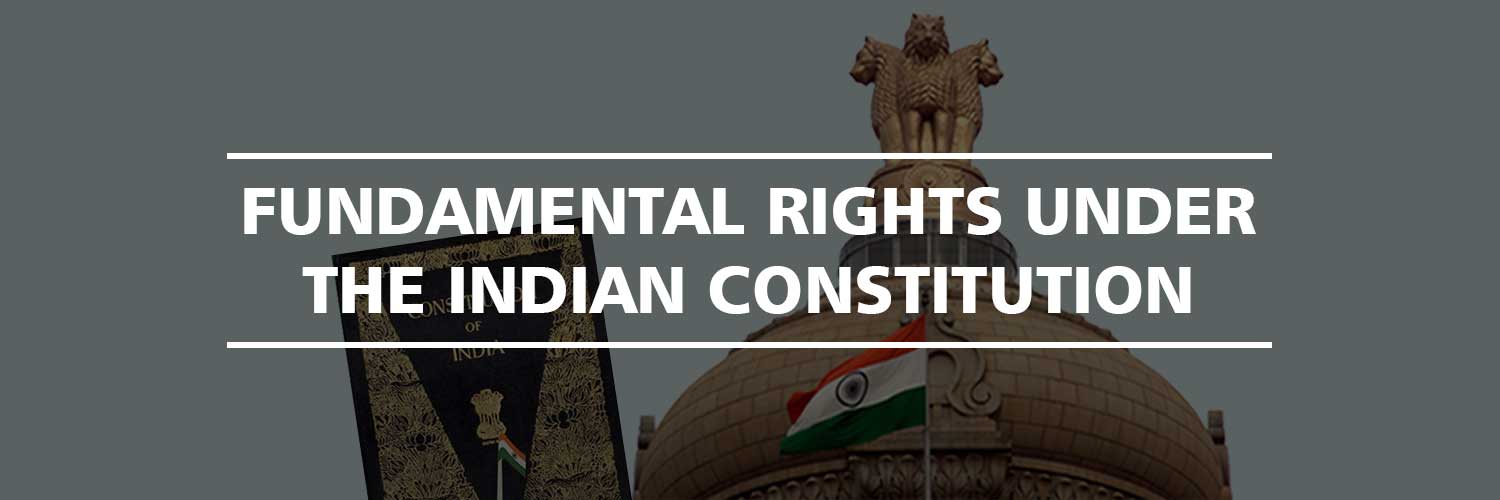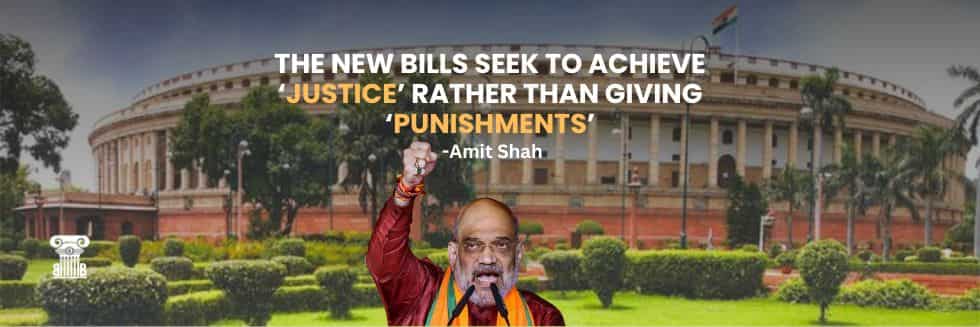Overview
As per Article 16(4) of the Constitution, reservations in direct recruitment and promotions were admissible to SC/STs in the Central/State Government Services in proportion to their population until 15.11.1992.
Major Issues
1. On 16.11.1992 in the case of Indra Sawhney[1], popularly known as Mandal Judgment, a 9 Judges Bench of the Hon’ble Supreme Court decided that Art. 16(4) of the Constitution did not provide for reservation in promotions to SCs/STs but ordered that since reservation in promotions were admissible to SCs/STs through various office orders since 1954, the same be continued for another period of 5 years only. This buffer period was provided to the executive to enable them to respond appropriately to implement the Indra Sawhney order. To remove this anomaly, the Parliament, through the 77th Amendment of the Constitution, added a new clause 4A in Art. 16 i.e. 16(4A) w.e.f. 17.06.1995 making provision for reservation in promotions for SC s/STs.
2. In the case of Virpal Singh Chauhan,[2] the Supreme Court through a 2 Judges Bench on 10.10.1995, 3 Judges Bench on 01.03.1996 and 5 Judges Bench on 16.09.1999 introduced the ‘Catch up Rule’ to enable general candidates to regain their seniority immediately on promotion over SCs/STs who had been promoted earlier through reservation and had gained seniority over general candidates. To remove yet another anomaly, 85th Amendment of the Constitution was put into effect w.e.f. 17.06.1995 for giving consequential seniority to SCs in matters of reservation in promotion.
3. The General category employees challenged the 77th & 85th amendment in the Constitution before a 5-judge bench of the Supreme Court. The Court clubbed all the petitions challenging these amendments and in the case of M.Nagaraj[3] gave a decision that these amendments were Constitutionally valid with certain conditions as is evident in the following paras of Hon’ble Supreme Court judgment M.Nagraj case:-
Para 121
“The impugned Constitutional amendments by which Article 16(4-A) and 16(4-B) have been inserted flow from Article 16(4). They do not alter the structure of Article 16(4). They retain the controlling factors or the compelling reasons, namely backwardness and inadequacy of representation which enables the States to provide for reservation keeping in mind the overall efficiency of State administration under Article 335. These impugned amendments are confined only to Scheduled Castes and Scheduled Tribes. They do not obliterate any Constitutional requirements, namely ceiling limit of 50% (quantitative limitation), the concept of creamy layer (qualitative exclusion), the sub-classification between OBCs on one hand and SCs and STs on the other hand as held in Indra Sawhney[4] the concept of post based roster with inbuilt concept of replacement as held in R.K.Sabharwal[5].”
Para 122
“The existence of power cannot be denied on the ground that it is likely to be abused. As against this, it has been held vide para 650 of Kesavananda Bharati[6] (1973) four SCC 225 that where the nature of the power granted by the Constitution is in doubt then the Court has to take into account the consequences that might ensue by interpreting the same as an unlimited power. However, in the present case, there is neither any dispute about the existence of the power nor is there any dispute about the nature of the power of amendment. The issue involved in the present case is concerning the width of the power. The power to amend is an enumerated power in the Constitution and, therefore, its limitations, if any, must be found in the Constitution itself. The concept of reservation in Article 16(4) is hedged by three constitutional requirements, namely, the backwardness of a class, the inadequacy of representation in public employment of that class and overall efficiency of the administration. These requirements are not obliterated by the impugned constitutional amendments. Reservation is not the issue. What is the issue is the extent of the reservation? If the extent of reservation is excessive, then it makes an inroad into the principle of equality in Article 16(1). The extent of reservation, as stated above, will depend on the facts of each case. Backwardness and inadequacy of representation are compelling reasons for the State Governments to provide representation in public employment. Therefore, if in a given case the court finds an excessive reservation under the State enactment then such an enactment would be liable to be struck down since it would amount to the derogation of the above constitutional requirements”.[7]
4. Though reservation in appointment and reservation in promotion has been found constitutionally valid, at the same time, conditions have been laid down. It was directed that the State should collect data on the following before the benefit of the constitutional provision is made available to the members of the Scheduled Castes:
a. Social Backwardness of SC/STs.
b. The inadequacy of representation in the Government Services
c. Effect of Reservation on Administrative Efficiency.
5. Because of such conditions, the benefit of reservation in promotions is not available to SC/STs since 1995 despite clear-cut provisions in Art. 16(4A).
6. On 05.02.2010 the High Court of Rajasthan through a divisional bench in the case of Shri Bajrang Lal Sharma directed the Rajasthan Government first to collect data as required by M.Nagraj[8] decision. The Rajasthan Government preferred an appeal in the Supreme Court, but the latter refused to interfere with the order of the High Court. Allahabad High Court and some other High Courts have also passed orders on similar lines whereas, it is a matter of fact that Parliament had already evaluated the data on all India level for the representation of SCs/STs in promotions through the 77th Constitutional amendment and had concluded that representation of SCs/STs in services was not adequate. In Indra Sawhney case[9] also, the nine-Judge Bench of Supreme Court had held that SCs/STs were socially backward.
Conclusion
It is a fact that deprivation of safeguards to SCs/STs in matters of promotion for the last 15 years has taken place because of certain courts’ orders and this whole matter has been agitating the minds of SCs/STs for a long time now. A definitive study on all the three issues raised by court viz. status of social backwardness, inadequate representation and efficiency in governance, which have been made a pre-requisite for reservation in promotions, was needed. National Commission for SC/ST has attempted to answer all the three issues raised by the Courts through this study. These issues have been elaborated upon one by one in the subsequent chapters.
Efficiency; after entering services, reservation in promotion of an existing officer is provided only if he is found fit for promotion. They are usually kept on probation for a certain period after which, like others, they can be reverted if his work is not found satisfactory. Unfit persons cannot be promoted in the existing system. Even after this position of rules, these people are asked to prove their efficiency before they are appointed.
[1] Indira Sawhney v. Union of India, AIR 1993 SC 477
[2] Union of India and others Vs. Virpal Singh Chauhan, (1995) 6 SCC 684
[3] M.Nagaraj and others Vs. Union of India, (2006) 8 SCC 2012
[4] Indira Sawhney v. Union of India, AIR 1993 SC 477
[5] R.K.Sabharwal Vs State of Punjab,(1995) 2 SCC 745
[6] Kesavananda Bharati Sripadagalvaru Vs. State of Kerala, (1973) 4 SCC 225
[7] Supra 3.
[8] M.Nagaraj and others Vs. Union of India, (2006) 8 SCC 2012
[9] Indira Sawhney v. Union of India, AIR 1993 SC 477
(This article was submitted by Taranjot Singh of Rajiv Gandhi National University of Law as a part of B&B Associates’ internship program.)

